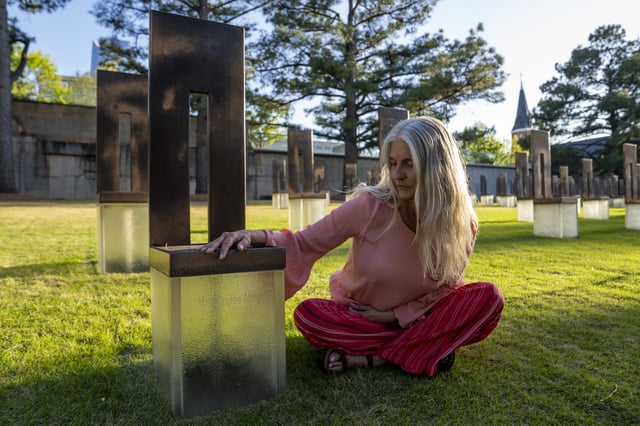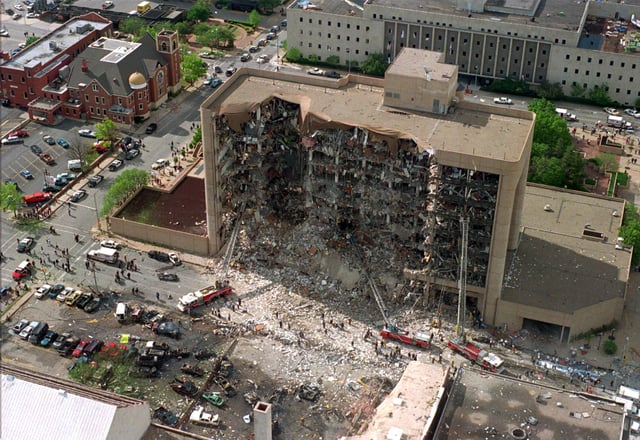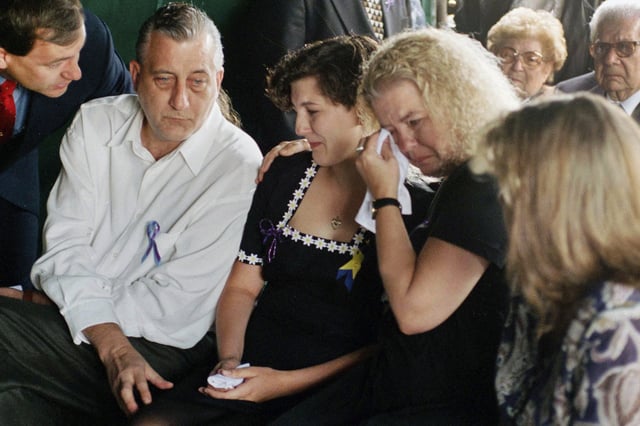Overview
- The 30th anniversary of the Oklahoma City bombing, which killed 168 people in 1995, will be marked on April 19 with a remembrance ceremony at the Oklahoma City National Memorial Museum.
- Survivors and families continue to bear physical and emotional scars, voicing concerns about the resurgence of extremist anti-government rhetoric in modern politics.
- The bombing, carried out by Timothy McVeigh and Terry Nichols, remains the deadliest act of domestic terrorism in U.S. history and was motivated by anger over federal actions at Waco and Ruby Ridge.
- The attack prompted significant security reforms, including permanent barriers around federal buildings and the passage of the 1996 Antiterrorism and Effective Death Penalty Act.
- Public discussion highlights the lessons learned, including the dangers of misinformation, as initial media reports wrongly attributed the bombing to Middle Eastern terrorists.



